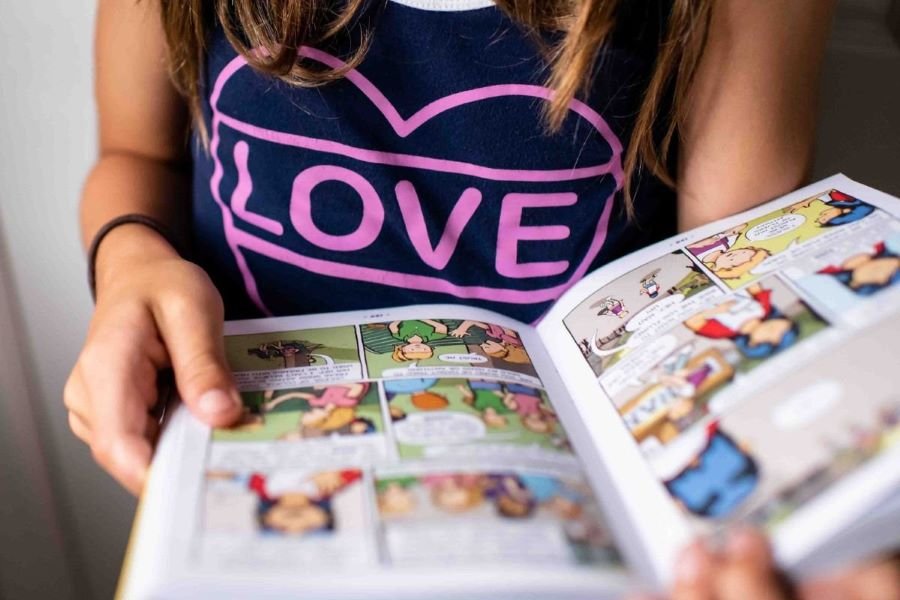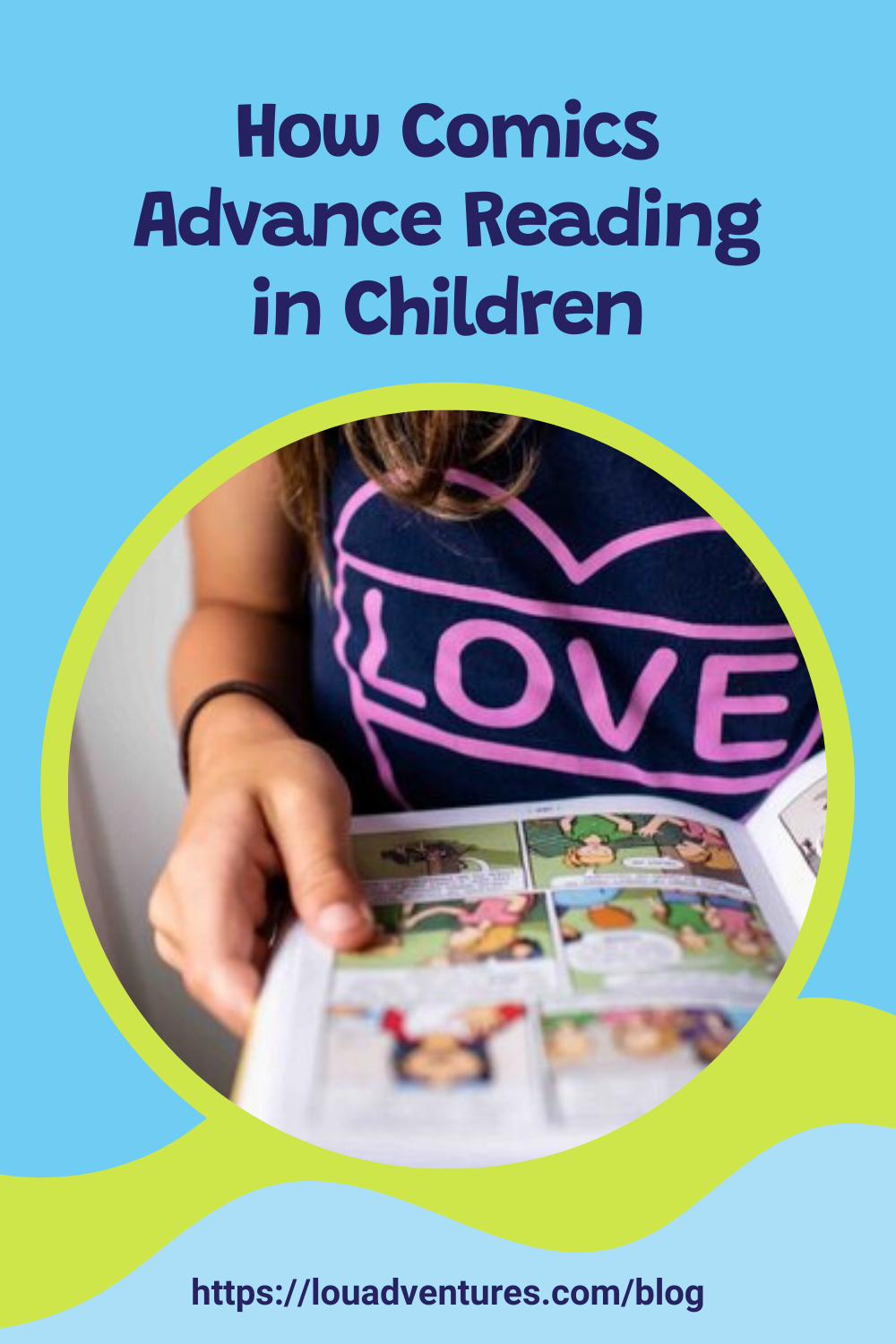Build Confidence in Your Young Reader with Comic Books
Reading Time: 2 min
Previously, comic books had a bad rap from parents and educators as being “light reading” or a sneaky distraction from “real” books. But that opinion has changed dramatically over the last decade or so, especially when it comes to visual learners or reluctant readers. Comic books (or graphic novels) tell a story with less text and help kids practice reading in a format many enjoy. They can also help kids build positive associations with books, as well as other benefits, such as:
There is a comic book or graphic novel for every reader
The classic comic book may have been geared towards boys with an insatiable taste for superheroes and villains, but today there are countless genres that appeal to a wide range of audiences including drama, sci-fi, fantasy, comedy, horror and more. Some comics even follow back stories to some of the most popular TV shows and movies that we see today. For younger readers, there is a wide range of comic books that appeal to their reading levels while providing bright, vibrant visual cues.
Comic books can turn reluctant readers into ravenous readers
Reluctant readers may not be thrilled to pick up a chapter book, but will almost always pick up a comic book featuring one of their favorite characters or series. For the children who love TV and movies, comics are a great option since the story lines are similar to those they see on the big (or small) screen. A 30 minute reading session might feel the just as exciting as sitting in front of their favorite shows.
Graphic novels can give struggling readers new confidence
For fluent readers, comics are a great way to change up their regular reading ritual. For struggling readers, comics provide short, easy-to-read sentences, alongside bright, vibrant images that give context to the story. As many already know, accomplishment plays a key role in building confident and fluent readers. Comics are also great for children with learning difficulties; children with autism can learn a lot about identifying emotions through the images in a comic book. Children with dyslexia, who may find it frustrating to finish a page in a traditional book, often feel a sense of accomplishment when they complete a page in a comic book.


















